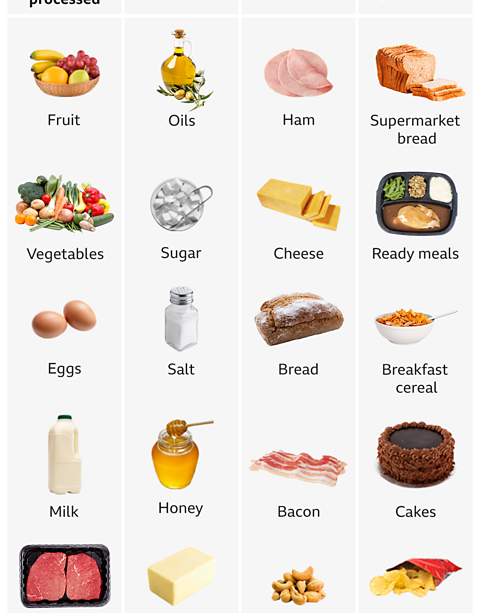The Rise of Ultra Processed Foods: A Health Concerns Overview

Introduction
In recent years, the consumption of ultra processed foods has skyrocketed, transforming diets worldwide. With increasing concerns surrounding public health, understanding the components and implications of these foods is essential. Ultra processed foods are often linked to higher rates of obesity, diabetes, and cardiovascular diseases, making the conversation around them more relevant than ever.
What are Ultra Processed Foods?
Ultra processed foods are industrial formulations typically containing five or more ingredients, including additives like sweeteners, preservatives, and emulsifiers. Common examples include sugary drinks, packaged snacks, instant noodles, and ready-to-eat meals. According to a 2023 report from the World Health Organization, ultra processed foods now account for over 50% of the average individual’s calorie intake in developed countries, raising urgent health concerns.
Health Implications
Research continues to shed light on the potential risks associated with high consumption of ultra processed foods. A study conducted by researchers at the University of São Paulo found that increased intake is correlated with a greater risk of obesity and metabolic syndrome. Additionally, the Harvard School of Public Health highlighted that individuals consuming more than four servings per day had a significantly higher risk of cardiovascular diseases compared to those who consumed less than two servings per week.
Current Trends and Societal Impact
The food industry has responded to changing consumer preferences, with many brands attempting to reduce artificial ingredients or offer healthier alternatives. However, the market is still flooded with options that appeal more to convenience than nutrition. Notably, during the COVID-19 pandemic, many consumers gravitated towards ultra processed foods due to accessibility and shelf stability, further entrenching unhealthy eating habits.
Conclusion
As society grapples with the rise of ultra processed foods, the need for public awareness and education becomes paramount. Health experts advocate for greater regulation on advertising, especially targeting children, and call for initiatives that encourage whole food consumption over processed alternatives. The future of dietary habits largely hinges on consumer choices and industry reform, making it vital for individuals to remain informed about their food consumption patterns. With potential governmental policies being discussed, it is essential for readers to stay abreast of both health implications and evolving trends concerning ultra processed foods.









